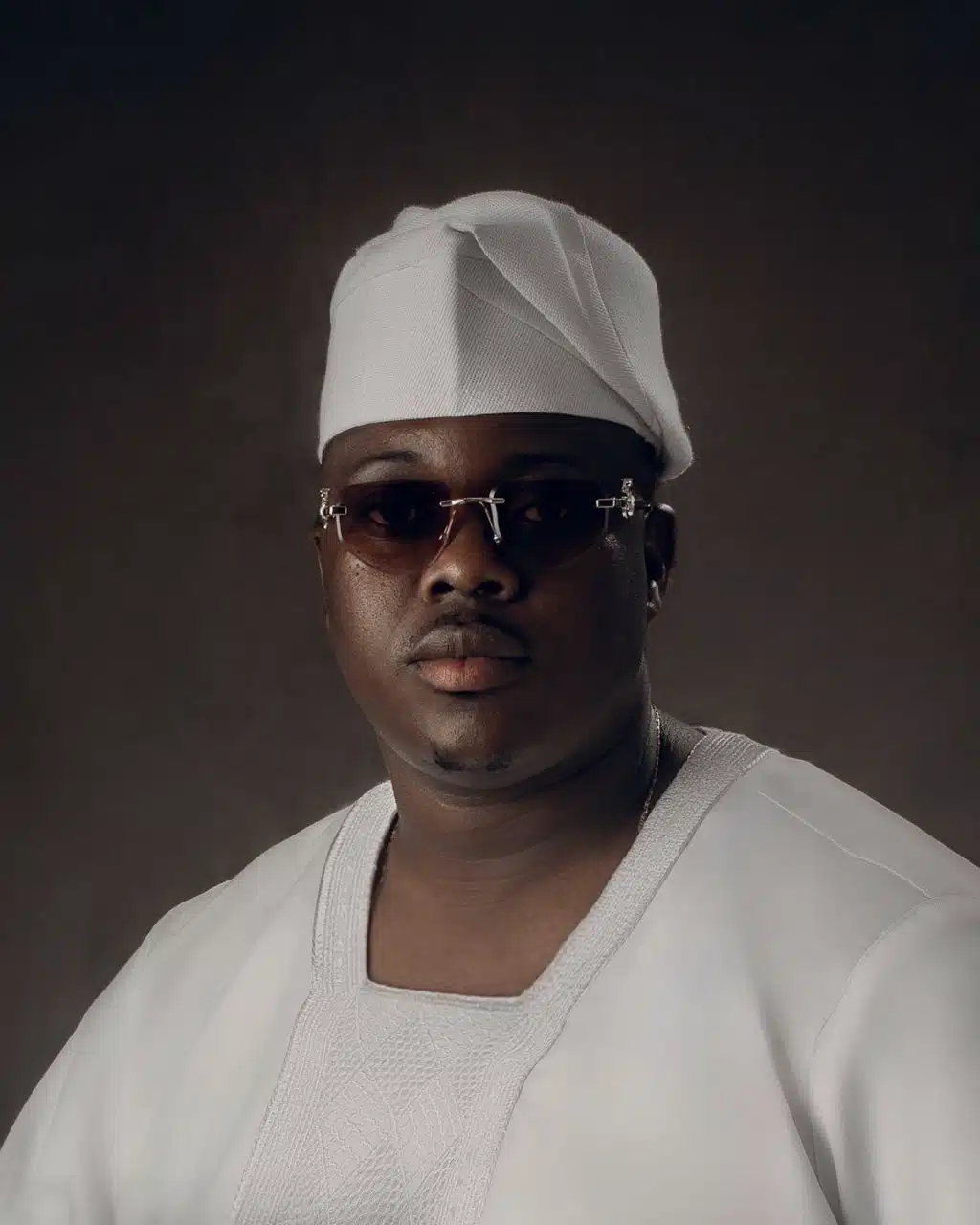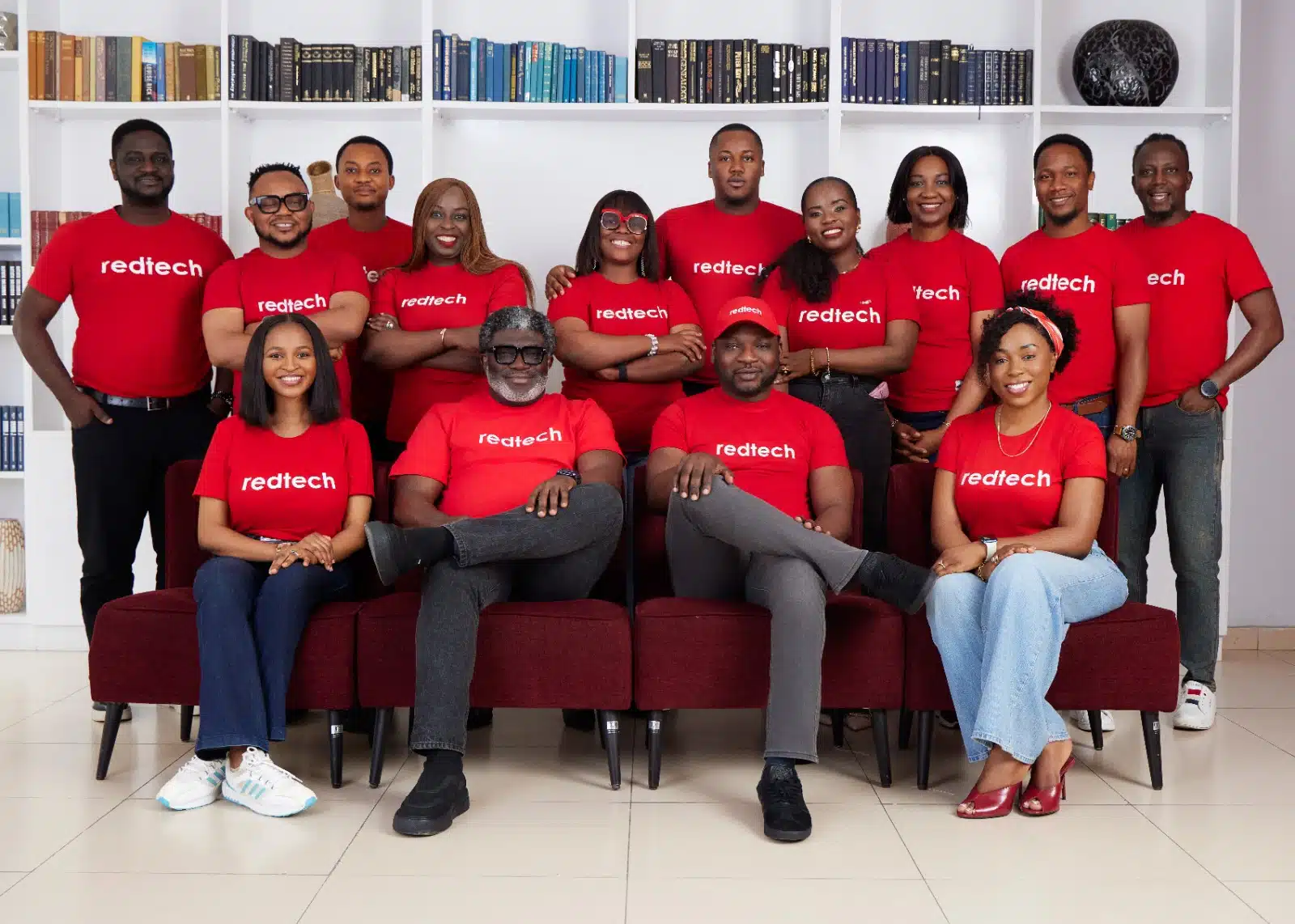Olufemi Oguntamu is the founder and CEO of digital media and talent agency, Penzaarville. He manages some of Nigeria’s top creators, including Samuel Animashaun Perry (Broda Shaggi), Isaac Olayiwola (Layi Wasabi), Ifedayo Agoro (Diary of a Naija Girl), Tomike Adeoye, Malik Afegbua (AI Artist), Lasisi Elenu (Nosa Afolabi), Dr Abraham Akinbami (African Dentist), and Tayo Aina.
After a decade-long career managing content creators, Oguntamu shares his journey in building Penzaarville and how he turns online influence into businesses.
Getting into talent management
I started my company, Penzaarville, in 2015. By September, we’ll be ten years in business. Back then, I began as an influencer, running a digital marketing agency that connected brands with influencers to promote services, products, and events.
We worked with brands like Google, Wema Bank, Taxify (now Bolt), Coldstone, and a few others. Over time, we expanded into PR, and that’s when I noticed a gap. Influencers were mostly being engaged through the agency on a contract basis, with little involvement in content strategy. Many didn’t have a structure, just a rate card.
I figured there was more to it than paying for and creating content. There’s the business angle, diversification, and then evolving to other markets. That’s how talent management came into the picture.
The early days
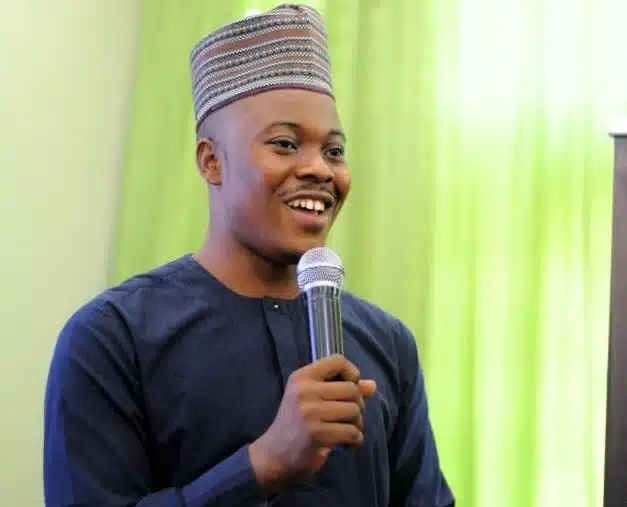
At first, it wasn’t smooth. My first experience managing talent was with a friend. I was primarily assisting with bookings, providing advice, and developing content ideas/strategy, under an informal contract. However, we constantly clashed over the direction of the brand and our differing opinions.
Worse still, he was a bit shady with finances — jobs being hidden from me, dishonesty about payments, and no loyalty. It was messy, and I swore not to work with creatives again.
I had similar issues with another person, and for a while, I focused on running my company. Two years later, we signed our first structured contract with MC Lively. After that came Broda Shaggi, and things began to take shape.
Today, we manage creators like Layi Wasabi, Broda Shaggi, Tomike Adeoye, Diary of a Naija Girl, African Dentist, Malik Afegbua (AI Artist), Lasisi Elenu, Tayo Aina, and others. We’ve hired account managers, set up financial structures, and built a proper system.

Victoria Fakiya – Senior Writer
Techpoint Digest
Stop struggling to find your tech career path
Discover in-demand tech skills and build a standout portfolio in this FREE 5-day email course
I remember when Broda Shaggi approached me. I initially refused because I’d known him before “Shaggi” blew up, and I didn’t want to get into that. He convinced me, even though I feared that managing talents would clash with my media company, because as a manager, you’re essentially like their parent, involved in their careers and personal lives, but we grew into it.
The business of managing talents
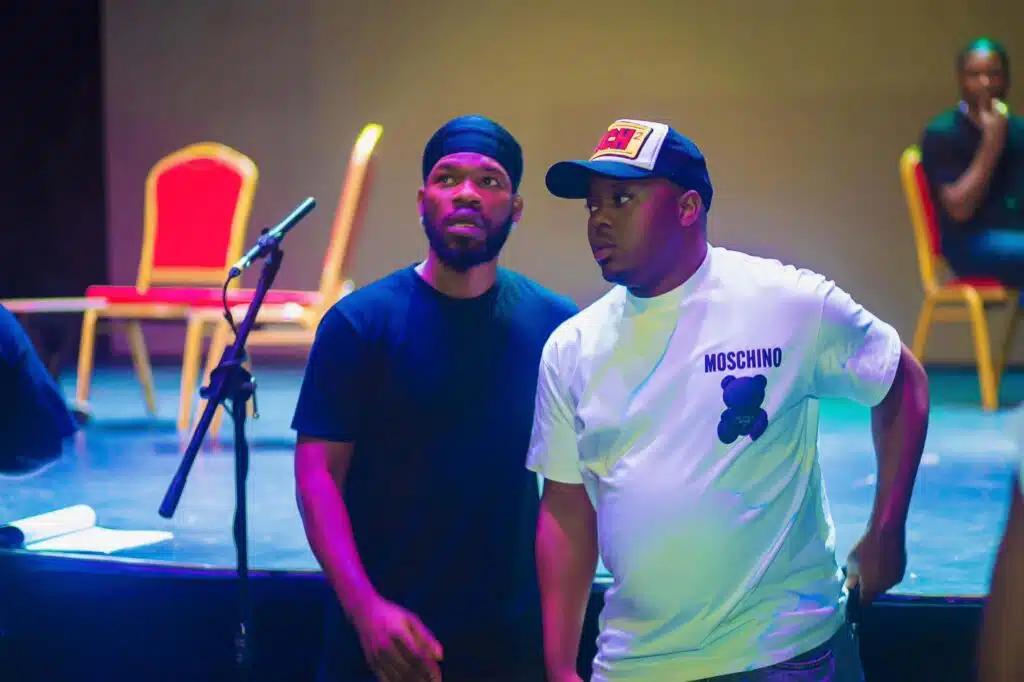
First, you need passion for it. It goes beyond the money. Yes, we earn cuts from deals, but the thing is, a talent may be buzzing today and might not be tomorrow. What happens then?
So, you need passion, strategy, organisation, and you must be financially savvy. You also need industry connections because your talent relies on your networks.
If I’m to start managing a talent, I ask myself: Do I love this person’s craft? Do I believe in them? Do I have enough resources to take them higher? Are they willing to listen and collaborate? That’s the starting point.
Now that we’re ten years in business, one of our plans is to expand beyond Nigeria to other African countries and even on a global scale.
Once you’re in, we handle everything from calendars, bookings, contacts, negotiations, brand conversations, growth charting, and even finances.
We help talents save, invest, and plan for the future because money comes fast and can disappear even faster, and since we know what’s coming in, we make sure they save/invest a certain percentage.
Beyond the business side, we get involved in their personal life — relationships, wellbeing, the creative process — because you’ll only be a great talent if your life is put together.
Resources are also part of the mix. For content creators, they get a production manager, a production team, and a scriptwriter just to ensure the work comes out better and faster.
Talent management vs business management
There’s a difference between talent management and business management. As talent managers, there’s involvement in the creative process. Business managers, on the other hand, are more interested in how the brand will grow, and these two aspects are embedded in Penzaarville.
Because we work with brands on PR, influencer marketing, and digital marketing, some of these brand deals come easily to us, allowing us to engage our talents.
There’s also perception management, because some of these individuals are unknown, so we must ensure that their public image is good.
Attracting deals as a content creator
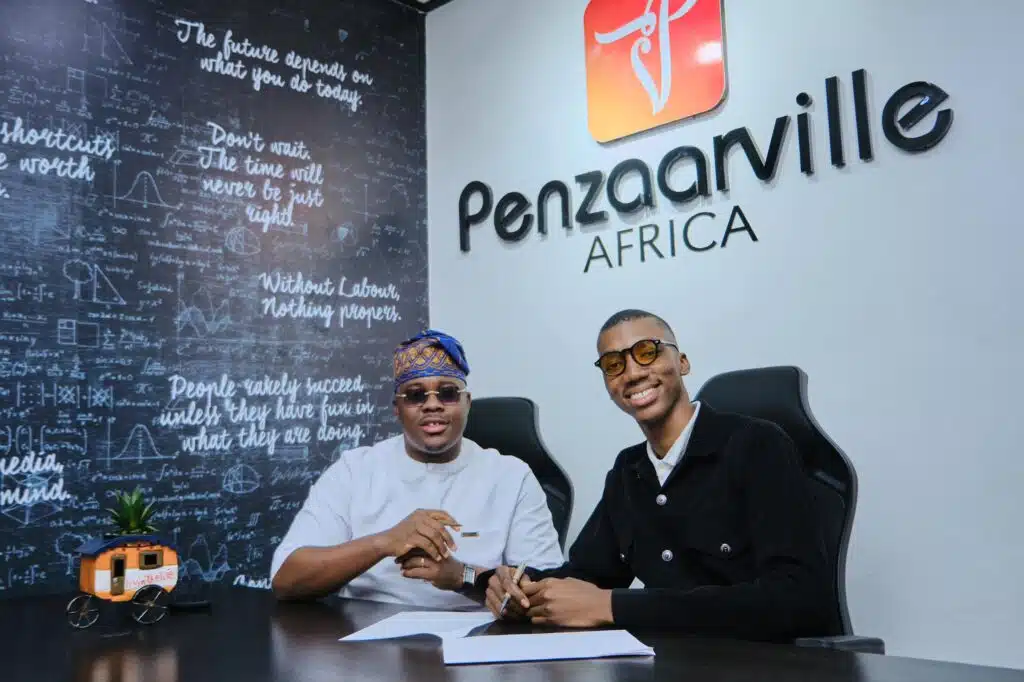
When it comes to deals, we first build the talent’s brand to attract opportunities. As a talent, there’s a need for a unique selling point (USP), which is what differentiates you from other talents in that space. We tailor you according to your craft.
Then we filter. Not every brand is worth associating with. We do research, check their reputation, so we don’t promote brands that have legal or public issues. We don’t want to be dragged.
In terms of negotiating deals, we handle that conversation because we are familiar with the rates, currencies, and value that our talents can command.
Personality is also important because it mostly determines the type of deals and campaigns that they are engaged in.
What determines a good deal
Firstly, numbers. But much more than numbers is engagement and your niche. When I mention numbers, I mean the numbers on social media, your offline popularity, and your perception; they all matter. Delivery is also key.
There’s also a rave-of-the-moment bonus, where anybody can work with you, but I like to work beyond that rave to ensure you’re relevant now and even later. I also don’t like to overcharge because a talent is buzzing. People may think you’re overpriced after the buzz wears off.
We have different rates for different talents, which are determined by what the talent can command, the quantity, and the quality.
For quality, mobile tools are not as advanced as a proper production crew or a camera. The number of content or how fast you can deliver also determines how much you’ll charge.
Sometimes it’s about exclusive deals. If one industry has a lot of brands, we charge higher since we’ll have to decline other deals with brands in the same space. But in an industry with few brands that will engage us, we might consider charging less than what we typically do.
Artistic freedom vs the reality of business
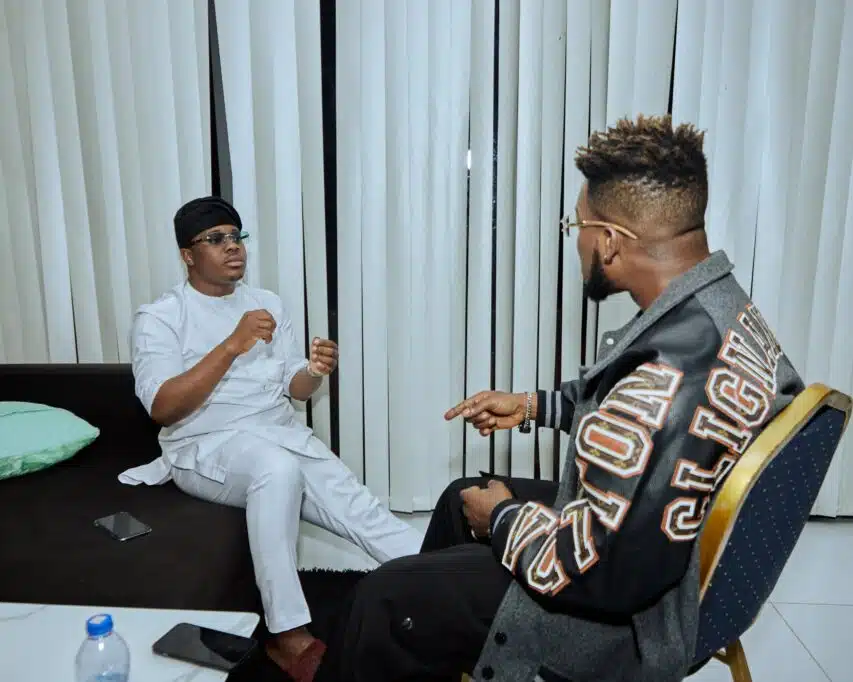
You can be creative in your way, but sometimes, perception pays more; perception matters.
You won’t do everything, and it’s not every social media trend you’ll jump on. Regardless of what people say and do, some things just need to stay capped.
We guide talents to maintain a positive outlook, as character and personality affect the business.
I don’t believe in trying to be viral by creating every type of content; it has to align with the brand.
Damage control
So, not everything deserves a response. Whoever knows me knows I don’t respond, and that’s the best damage control. People move on very fast.
It depends on how serious the issue is, but if it’s something that we can let slide, then fine. If necessary, the legal team responds.
Talents are humans, but they are also in the public space. Sometimes, when you respond positively or negatively, it comes back to affect you. We pray not to get crises, but if there are crises, then we try to be strategic about them.
Not every press is good
I disagree with the saying that all press is good press. It works for some people, but I don’t recommend it for my talents. Not everybody would love you, but you need to have a clean sheet. If you’re trying to go viral simply because any news is news, it can negatively impact your brand.
When we started managing Broda Shaggi, his character was like a street urchin, a tout, but that’s his character, that’s not him; that’s not Samuel. It reached a point where he tried to emulate the whole Broda Shaggi thing as Samuel. He struggled.
People need to know over time that there’s a difference between the character and the person. Any press is not my style; I think everything should be tailored the right way.

